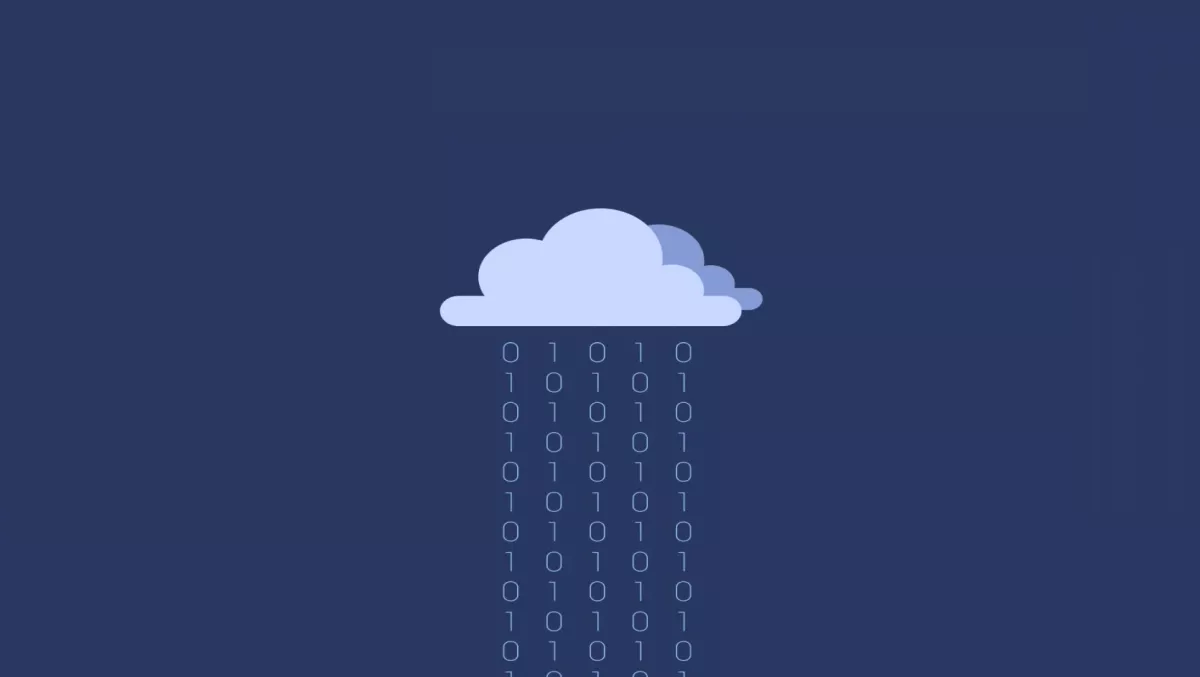
Cloudwashing: Cut that nonsense out
Caught up in the hype, the tech industry falls over itself to be part of the next big thing – whether that's the case in reality or not.
The notion of cloudwashing, or pretending a solution is 'cloud' when it isn't, gets up the snout of Giri Fox, RightScale ANZ - ASEAN director.
So what's the problem, Fantastic Mr. Fox? "Cloudwashing is bad because it mislabels a technology offering as 'cloud', with all the positive and modern associations, when in fact it is not.
This makes it harder for new cloud adopters to be sure they are all talking about the same thing," he says.
Ah yes, looks like once again we have the perennial industry problem of simple semantics.
When we say 'cloud', the first problem is that not everyone has the same understanding.
Fox agrees that definition is the first hurdle. "What New Zealand is doing with its Cloud Code of Practice is fantastic. This addresses this first hurdle and also holds all players to a common standard," he says.
Fox says props are due to the Institute of IT Professionals of New Zealand and is hopeful that similar initiatives might cross the Tasman.
But semantics aside, surely the market isn't going to fall for such transparent trickery so easily? Yes and no. "A very experienced and savvy buyer will not be fooled by cloudwashing, but instead frustrated by it. Newer buyers – those with less expertise – can be misled, which is simply unethical," notes Fox.
All this sounds like a lot of vague accusations; is Fox willing to nail his thesis, Luther-like, on any doors? Why yes sir.
A prime example of cloudwashing can be found in Oracle, he says. "Oracle's cloud isn't cloud.
By way of explaining why not, he points us to this article, by David Linthicum, the crux of which is this: "Just as Oracle IaaS is not a true cloud offering, neither is Oracle's new 'Iaas On Demand' selection of rental application servers.
Unlike with a true cloud on-demand service, your monthly fee -- which requires a three-year contract -- covers just the hardware, its maintenance, and some degree of usage.
You pay extra for the Oracle software licenses and for 'peak' usage (no definition or price given). It's not the standard cloud model, in which the entire service is included with the fee." But why cloudwash in the first place? Like so many issues, it comes down to good old filthy lucre.
Linthicum continues: "Oracle's 'on-demand private cloud' isn't merely an equipment lease either. It's an odd hybrid created because Oracle finds itself stuck between the rock and the cloud, reluctant to devalue its hugely lucrative enterprise software products by folding into cloud- service pricing.
"The rise of cloud computing very much goes against Oracle's highly profitable way of doing business: enterprise license agreements, maintenance contracts, and all the other trappings of big software."
So cloudwashing is an attempt, then, to preserve ye olde worlde revenue streams, at least in this case. What that should tell any CIO hopeful of the price benefits of cloud, is that a cloudwash might just negate that particular advantage.
Fox says a better definition of cloud is this, which comes from non-for-profit technology group ConnectingUp: "Cloud computing allows you to access software via the Internet instead of from your hard drive or your local computer network.
When you use cloud-based software, it is available anywhere you can use the Internet – not just in your office.
Want to know more? Check out http://www.rackspace.com/knowledge_center/cloudu/ node/117 to get your cloud definitions on the same page.

